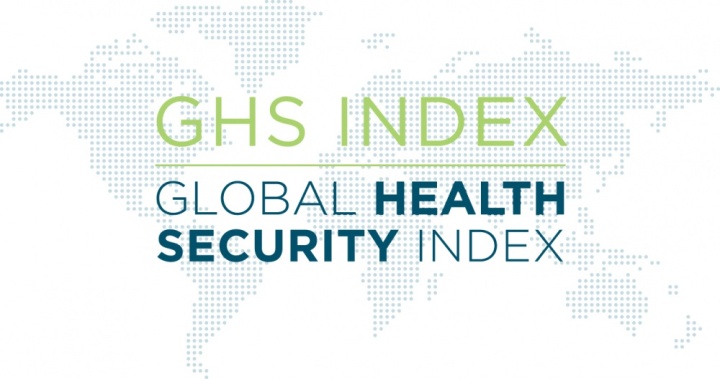Free Courses Sale ends Soon, Get It Now


Free Courses Sale ends Soon, Get It Now



Disclaimer: Copyright infringement not intended.
Context
About the Index
Method
Findings
World
India
Overall scenario
Future Pandemic and epidemic threats
Public Health emergencies
Dedicated Funds
Health Work Force
Public Confidence in Government
Risk Communication messages
Recommendations
Allocate health security funds
Role of International Organizations
Private-Public partnership
New financing mechanisms
© 2024 iasgyan. All right reserved